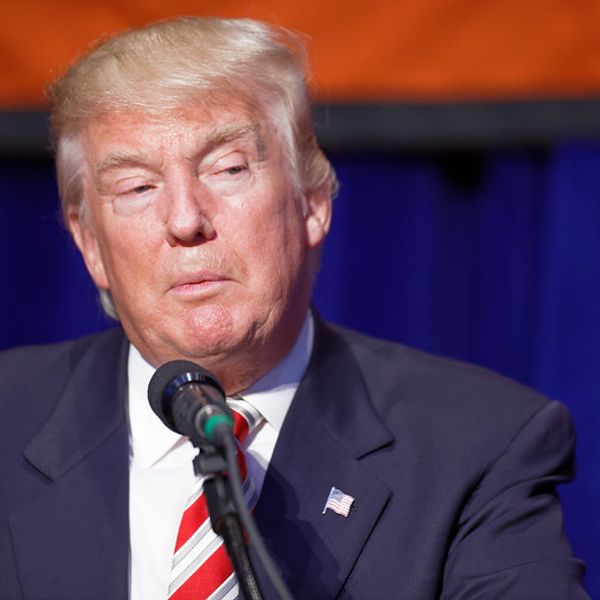WASHINGTON (AFP) – The United States has to step up and show leadership in helping prevent atrocities and genocide around the world, two former top policy makers said in a new report Tuesday.
As crises from Syria to the DR Congo and Sudan compete for global attention and resources, the report says the United Nations and governments are failing to implement effectively a collective responsibility to stop war crimes and crimes against humanity.
The concept of “responsibility to protect” (R2P) was adopted by the UN in 2005 as a set of principles to guide an international response if a government fails to protect its people from mass atrocities.
The guidelines say it is the duty of every state to protect its people from genocide, war crimes, ethnic cleansing, and crimes against humanity and that the international community must help nations fulfill this responsibility. If a state fails to protect its people then other countries should consider action under the UN Charter.
But the report by former U.S. secretary of state Madeleine Albright and former U.S. envoy to Sudan Richard Williamson says the guidelines have been unevenly adopted.
“The terrible carnage in Syria illustrates that the international community’s embrace of R2P is not sufficient, in itself, to prevent a ruthless dictator from inflicting grievous harm on his own citizens,” the report says.
And it argues that more is needed if the policy is to be effectively implemented.
“We believe the prospects for success depend on the attitudes and actions of many countries over time, but that the US willingness to lead will be pivotal,” the report says.
Commissioned by the US Holocaust Museum, the U.S. Institute of Peace and the Brookings Institution, it sets out a series of recommendations for the U.S. administration.
Both Albright and Williamson “have been very concerned about the ongoing prevalence of atrocities,” said Mike Abramowitz, director for the Center for the Prevention of Genocide at the Holocaust Museum.
“We seem perpetually to do not such a great job in preventing these kinds of atrocities,” he told AFP.
Where the policy is implemented there have been some successes, such as in Kenya, Ivory Coast and in Libya where a no-fly zone helped protect rebels fighting against late dictator Moamer Kadhafi.
Although there was a “unique set of circumstances” that allowed international intervention in Libya, it showed how the principle of responsibility to protect “can be applied to save lives,” the report said.
“It’s clear that given what’s going on in the world, that R2P has not worked the way it’s supposed to in Syria,” Abramowitz said. “Certainly the Assad government has not upheld its responsibility to protect and clearly the international community has failed too.”
Part of the problem was a lack of political will in some cases.
The report pointed to the killings of tens of thousands of Tamil civilians at the end of the Sri Lankan civil war which produced little outcry and read, “Of equal concern are long-dysfunctional states, such as the Democratic Republic of Congo and Sudan, where leaders and non-state actors have frequently committed atrocities as a political tactic.”
Leaders in both countries were “unable or unwilling to fulfill their responsibilities,” the co-chairs Albright and Williamson wrote. “In these cases, states are so weak and the security challenges so great that civilian populations dwell in seemingly permanent danger.”
The report argued the United States should draw up a plan to boost its own capacity to help prevent atrocities. It could also employ tools such as satellite imagery, jamming communications, blocking financial accounts, and exposing people or groups helping perpetrators.
It further recommended that the United States should work to strengthen the work of the International Criminal Court, even though it is not a signatory to the tribunal.
“Champions of the ICC can fairly argue that the likelihood of future atrocities is diminished every time a perpetrator is successfully prosecuted,” the report says.
“The motivating principle for U.S. policy should be to support R2P by strengthening all available mechanisms for preventing atrocities and establishing a social basis for victimized societies to heal and go forward in peace.”








